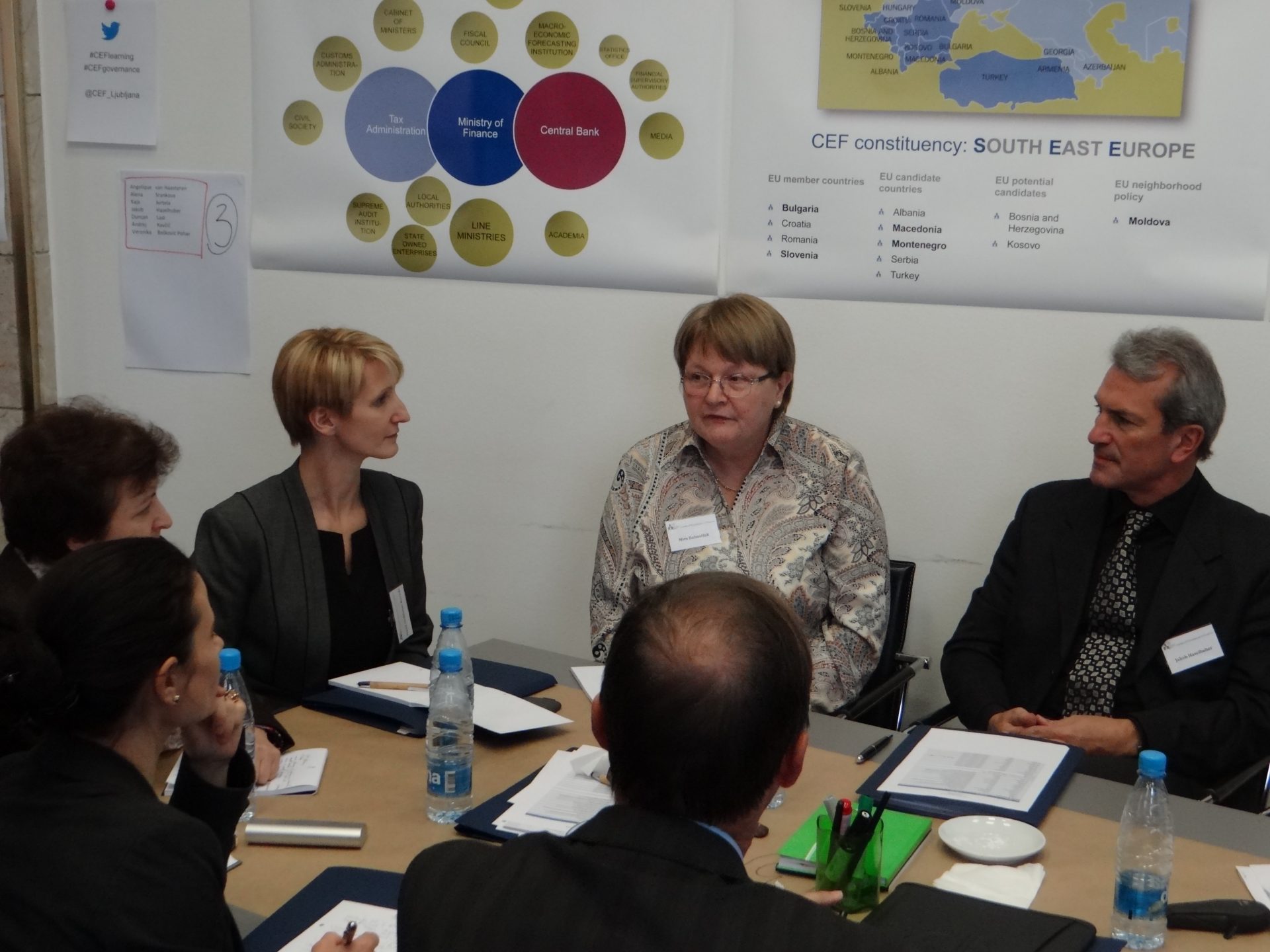The Public and Private Finance for Development programme is grounded in a long-running cooperation between the UNDP and the Slovak Republic in general, and the Ministry of Finance of the Slovak Republic in particular. The joint initiative is an example of an inclusive development partnership which leverages the knowledge and technical expertise of a newly established donor like Slovakia, along with the wide reach, global context, and presence of an experienced international organization like UNDP.

UNDP and Slovakia
Since 2000, the UNDP has been cooperating with the EU members through RBEC – UNDP Regional Bureau for Europe and the Commonwealth of Independent States. RBEC provides partners with years-long experience and knowledge in development cooperation, tools and processes, a thorough knowledge of the local environment, and an extensive network of country offices. UNDP’s partnership with the Slovak Republic, established in 2002, is the oldest initiative of this kind in the region. The Ministry of Foreign and European Affairs of the Slovak Republic and the Ministry of Finance of the Slovak Republic are the main partners.
UNDP and the Ministry of Finance of the Slovak Republic (MFSR)
Slovakia has considerable expertise in public finance management, which is identified as a development cooperation priority in its work with partners such as UNDP, the World Bank, IMF and the EU. In addition, the MFSR is responsible for Slovakia’s cooperation with international financial institutions and covers relevant tools to promote private sector instruments such as concessional loans. With its openness to try and test new approaches, MFSR is well-positioned to engage in SDG financing in its target countries.
The Public Finance for Development Programme has been implemented since 2009 as part of Slovakia’s official development assistance. It is the basis of the Ministry of Finance of the Slovak Republic – UNDP partnership and contributes to sound public finance management and good governance in partner countries. More about the programme can be found here.
Since 2017, the UNDP – MFSR partnership has been extended, in addition to the support for public finance management, to bolster private sector engagement in development cooperation.
Private resources, including private finance, are now recognized as essential to development, playing a crucial role in achieving both economic and global progress, including the Sustainable Development Goals (SDGs). Currently, private sources account for almost the same share of global development cooperation as public.
The cooperation between the Slovak Ministry of Finance and UNDP to enhance private sector involvement in development cooperation began in 2014 with the launch of the Rozvojmajstri programme. This initiative aimed to build the capacity of the Slovak private sector to engage more effectively in global development markets.
In 2017, the scope of private sector support was expanded through the establishment of the Resource Mobilization Facility (RMF). This fund financed preparatory studies for future investment projects, such as feasibility studies, sector analyses, and financing models. Between 2017 and 2024, the RMF supported numerous projects in Bosnia and Herzegovina, Serbia, Montenegro, and North Macedonia, focusing primarily on sectors like energy efficiency, waste management, and others.
In mid-2024, building on RMF experiences and results we introduced a refined approach, emphasizing the creation of ecosystems that facilitate private sector engagement in partner countries. While the preparation of pre-investment studies remains a priority, the scope has broadened to address the real needs of partner countries. This includes support for legislative development, public awareness campaigns, fostering relationships with banks and international financial institutions (IFIs), and similar activities. The ultimate goal is to ensure that as many preparatory studies as possible translate into tangible investments. Therefore, in this period, we support larger, more complex projects instead of several smaller interventions.
For more about development cooperation framework of MF SR, click here.


